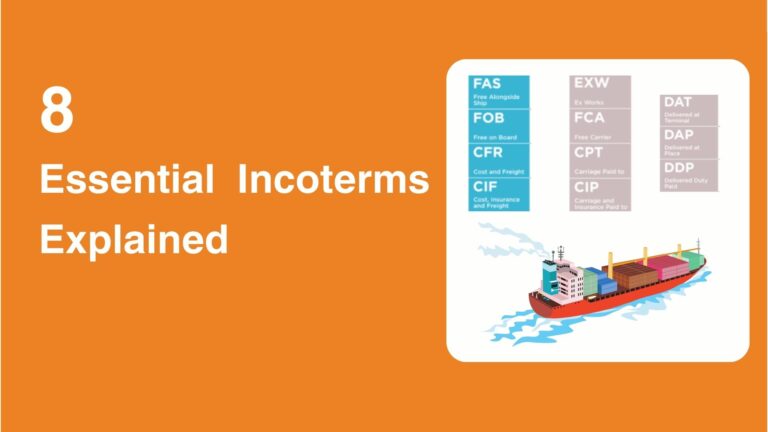What are incoterms? International trade is a complex web of transactions, agreements, and logistics that can be daunting for businesses to navigate. Central to this complexity are Incoterms, a set of predefined commercial terms published by the International Chamber of Commerce (ICC). These terms are integral in delineating transaction roles and responsibilities between sellers and buyers in the shipping process. They provide clarity and predictability to participants in international and domestic trade.
Understanding Incoterms is crucial for ensuring smooth trade operations and minimizing risks. They determine how costs and risks are allocated between the parties involved in the shipping of goods. With the most recent update in 2020, Incoterms have evolved to reflect changes in the global trade environment, making them more relevant for today’s business practices. If you are engaged in shipping or receiving goods, knowing these terms will help you avoid costly misunderstandings and disputes.
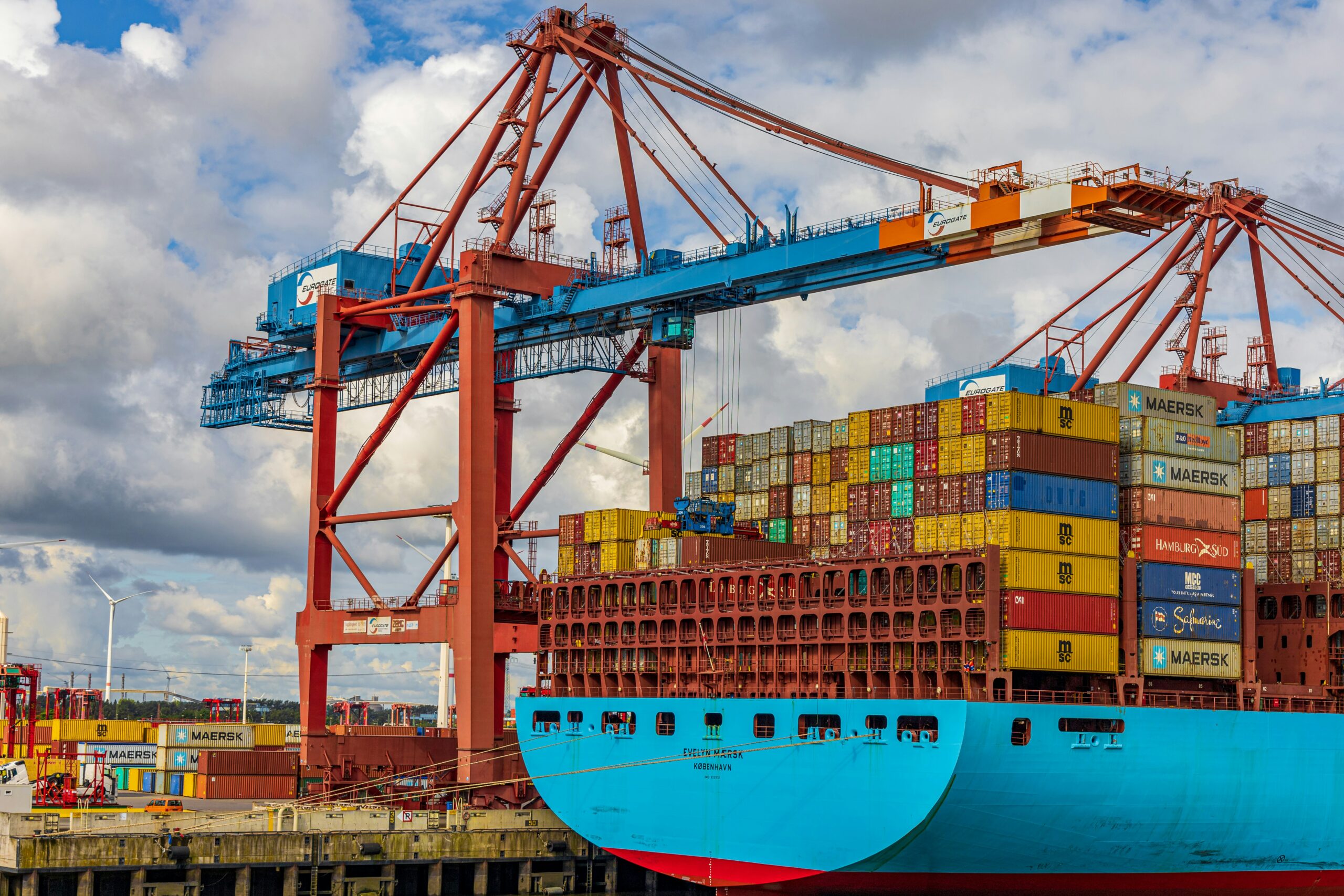
What Are Incoterms?
What are inconterms? Incoterms, short for “International Commercial Terms,” are a set of rules that define the responsibilities of sellers and buyers in the delivery of goods under sales contracts. They are essential for smooth international trade by providing clear guidelines on how logistics and legal matters are managed.
History and Development of Incoterms
Incoterms were first developed in 1936 by the International Chamber of Commerce (ICC) to standardize the shipping terms used in international trade contracts. Over the years, they have been periodically updated to reflect the evolving realities of global commerce. The most recent updates, Incoterms® 2020, incorporate changes from the previous Incoterms® 2010 to better cater to modern trade practices. Incoterms® 2020 acknowledges various transportation methods such as buyers and sellers using their own trucks or planes for delivery, updating terms such as DAP (Delivered At Place), DPU (Delivered at Place Unloaded), and DDP (Delivered Duty Paid).
Basic Concepts and Definitions
Incoterms are divided into rules for any mode of transport, such as EXW (Ex Works) and FCA (Free Carrier), and those applicable to sea and inland waterway transport like FOB (Free On Board), CFR (Cost and Freight), and CIF (Cost, Insurance, and Freight). Utilizing these terms correctly you can assign the risks, costs, and obligations related to the shipping of goods.
Key Incoterms Explained
In international trade, understanding Incoterms is crucial as they define the responsibilities and risks for buyers and sellers during the transportation and delivery of goods.
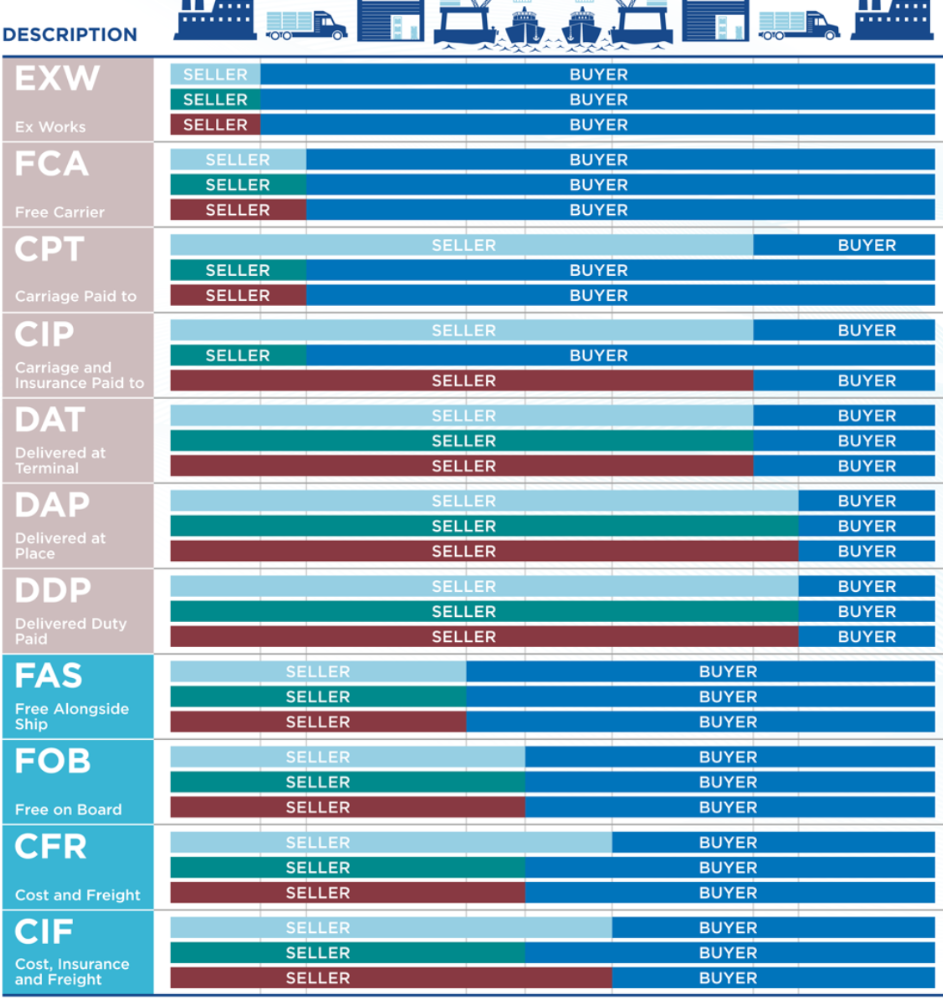
source: procurementexpress
EXW, FOB and CIF
- EXW (Ex Works): The seller makes the goods available at their premises, and the buyer is responsible for all transportation costs, including export clearance and loading onto the transport vehicle. It’s commonly used when the buyer wants maximum control over the shipment and is willing to handle all logistics.
- FOB (Free On Board): The seller delivers the goods on board the vessel nominated by the buyer at the named port of shipment. It’s commonly used in sea freight and signifies that the seller fulfills their obligation by delivering the goods to the port of shipment. After that point, the buyer bears all costs and risks of loss or damage.
- CIF (Cost, Insurance and Freight): The seller delivers the goods on board the vessel or procures the goods already so delivered. It includes insurance and freight charges to the named destination port. This term is popular because it provides the buyer with a degree of security by including insurance, but the seller retains control until the goods are on board the vessel.
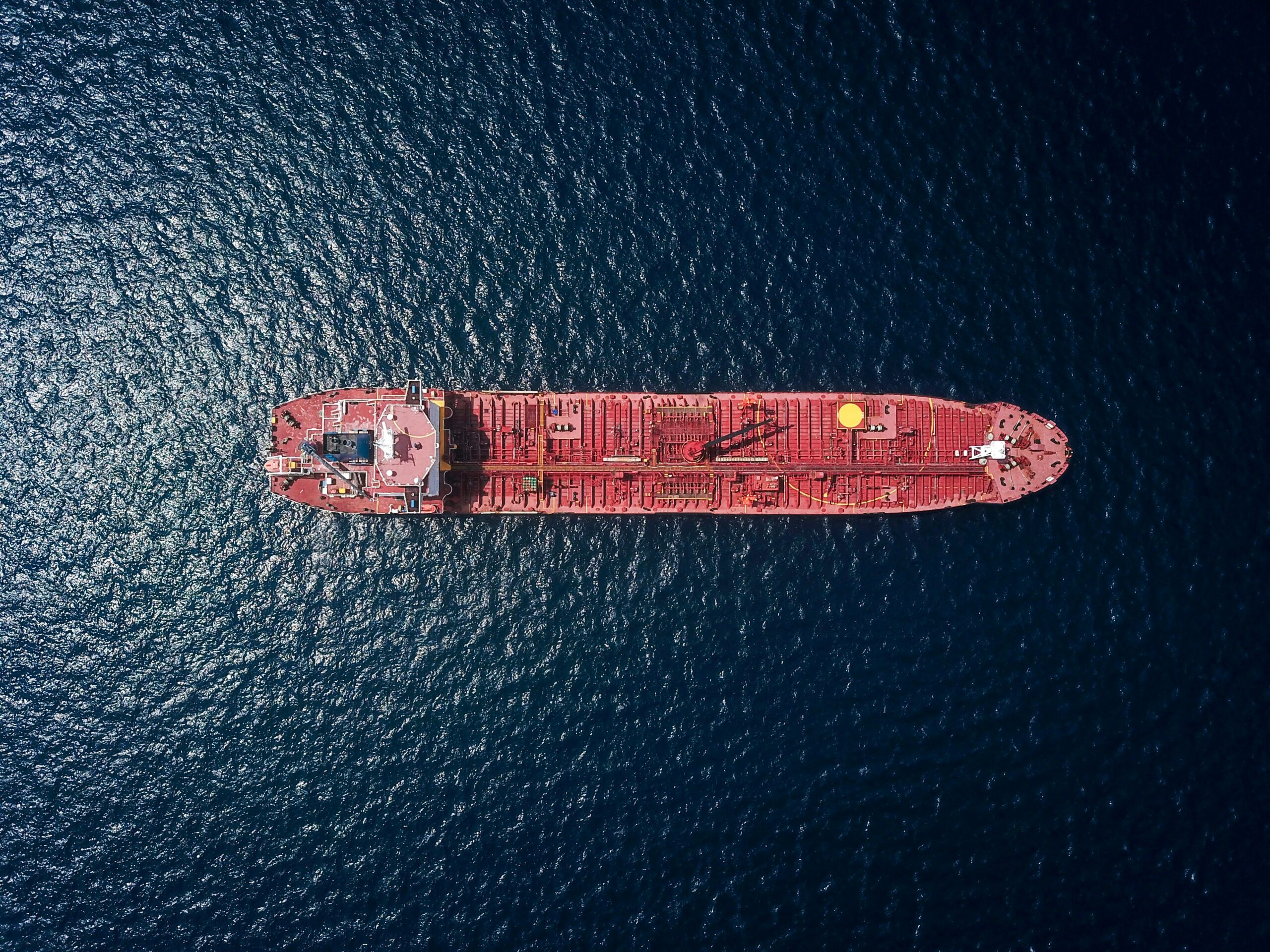
CIP, CFR and DAP
- CIP (Carriage and Insurance Paid To): The seller delivers the goods to the carrier or another person nominated by the seller at an agreed-upon place. The seller must contract for and pay the costs of carriage necessary to bring the goods to the named place of destination. Similar to CIF but can be used for any mode of transport.
- CFR (Cost and Freight) : It requires the seller to cover costs to deliver goods to a named port, including freight charges. Seller arranges transport, but buyer handles insurance. Risk transfers to the buyer upon loading onto the vessel. Seller must promptly notify buyer upon loading to avoid breaching the contract,
- FCA (Free Carrier): The seller delivers the goods, cleared for export, to the carrier nominated by the buyer at the named place. This term can be used for any mode of transportation and is often chosen because it places the responsibility on the seller up to the point of delivery to the carrier, offering flexibility for both parties.
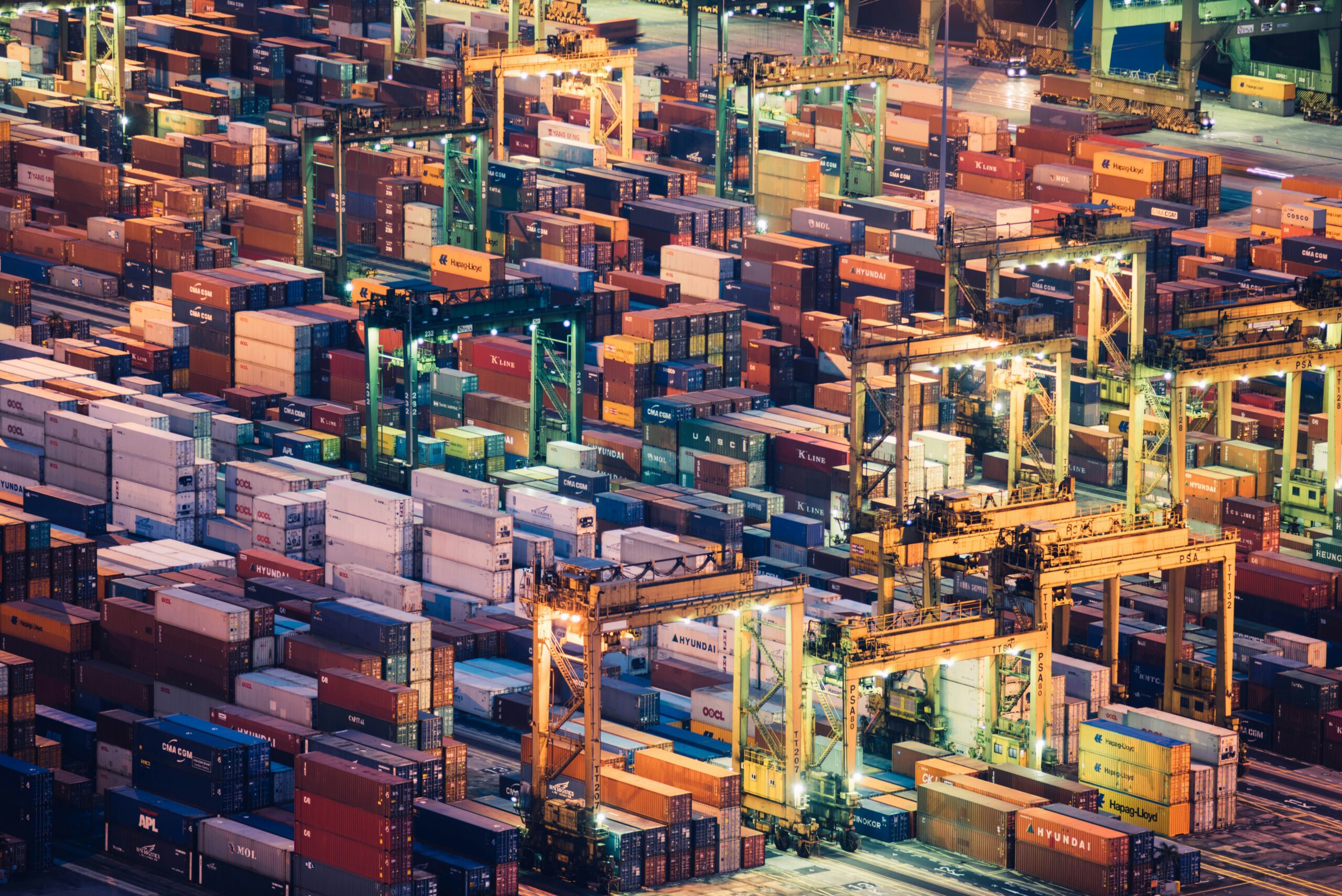
DDP, DAT and DAP
- DDP (Delivered Duty Paid): The seller is responsible for delivering the goods to the named place in the country of the buyer and pays all costs in bringing the goods to the destination including import duties and taxes. This term is often chosen when the seller wants to take on maximum responsibility and control over the entire logistics process, providing a hassle-free experience for the buyer.
- DAP (Delivered At Place): The seller delivers when the goods are placed at the disposal of the buyer on the arriving means of transport ready for unloading at the named place of destination. It’s versatile and can be used for any mode of transport, giving the seller more control over the logistics while still being responsible for delivery to the buyer’s chosen destination.
- DAT (Delivered at Terminal): The seller delivers when the goods, once unloaded from the arriving means of transport, are placed at the disposal of the buyer at a named terminal at the named port or place of destination. It’s often used when the seller wants to control the main carriage but still needs to unload the goods at the terminal.
Other Incoterms
1、FAS (Free Alongside Ship) dictates that the seller must place the goods alongside the ship at the named port. It only applies to maritime and inland waterway transport.
2、CPT (Carriage Paid To) means the seller arranges and pays for transportation to the named destination. Risk transfers from the seller to the buyer once goods are delivered to the carrier.

A Distinction and Summary for Incoterms
The difference of FOB, CIF and CFR
- Cost inclusions: FOB includes cost + freight, CIF includes cost + freight + insurance, CFR includes cost + freight.
- Transportation responsibility: FOB is handled by the buyer; CFR, CIF are handled by the seller.
- Insurance payment/handling: FOB, CFR insurance is handled by the buyer, and the seller should notify the buyer before loading; CIF insurance is handled and paid by the seller, who handles insurance according to contract terms and delivers the policy to the buyer.
- Risk transfer: After passing the ship’s rail, FOB and CIF transfer all risks to the buyer, while CFR transfers risk when goods are handed over to the carrier.
The Summary for the Incoterms
For all modes of transport: EXW, FCA, CPT, CIP, DAP, DPU, DDP
Applicable only to maritime and inland waterway transport: FOB, FAS, CFR, CIF
For the buyer, under the EXW term, they bear the highest costs and risks, while under the DDP term, they bear the lowest costs and risks.
For the seller, under the EXW term, they bear the lowest costs and risks, while under the DDP term, they bear the highest costs and risks.
Trade terms must be followed by specific delivery locations to be complete, such as: EXW Milan, CIF HONGKONG, DDP BEIJING, etc.
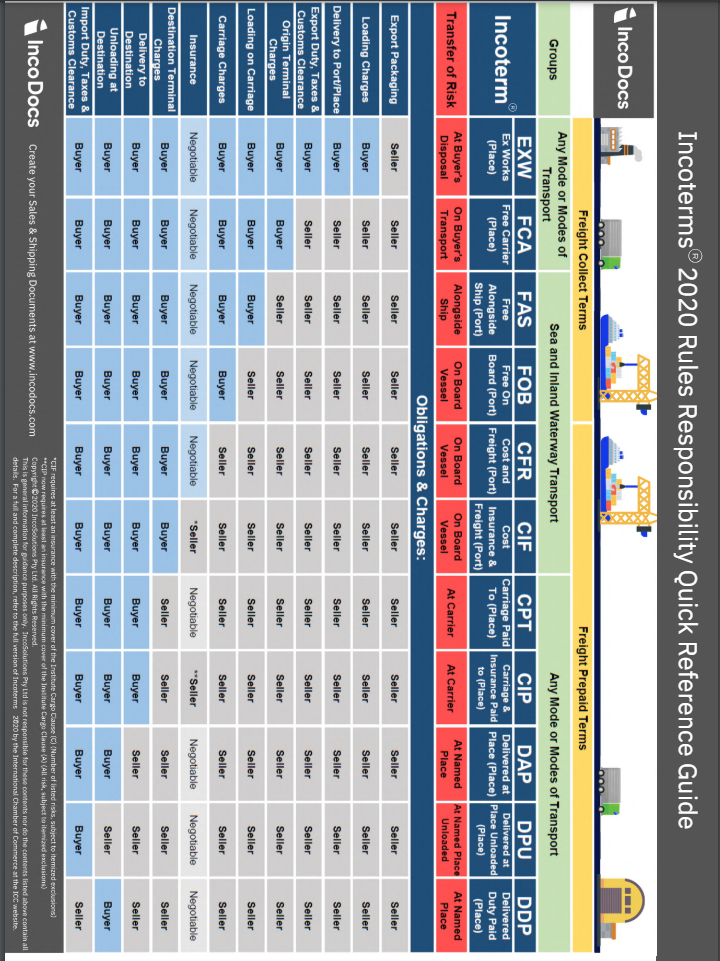
source: incoterms
Applying Incoterms to Shipping
When you are involved in international trade, a firm grasp of Incoterms is critical to manage shipping responsibilities, risk allocation, and cost control effectively. Understanding these terms helps to ensure clarity in contracts, thus avoiding costly misunderstandings and disputes.
Modes of Transport and Their Incoterms
Certain Incoterms are better suited to different modes of transport. When you manage a shipment process, remember that terms like FCA (Free Carrier) are versatile and can be used across various transportation types, including multi-modal transport. On the other hand, CFR (Cost and Freight) and CIF (Cost, Insurance, and Freight) are specifically intended for maritime and inland waterway transport. It is important to select an Incoterm that aligns with your transport method to ensure that all parties are clear about their responsibilities from the point of shipment to the destination.
- FCA: You deliver goods, cleared for export, to a carrier chosen by the buyer.
- CFR: You must pay the costs and freight necessary to bring the goods to the named port of destination.
- CIF: Similar to CFR, but you also have to procure marine insurance against the buyer’s risk of loss or damage during transit.
The Role of Freight Forwarders
Freight forwarders act as intermediaries between shippers and the various transportation services involved in moving products overseas. Their expertise in the logistics network can be crucial for navigating customs clearance and ensuring that your goods meet all legal requirements. In the customs clearance process, for instance, a forwarder can negotiate and handle the necessary documentation to facilitate a smooth transaction. Since Incoterms define when responsibility for the goods transfers from seller to buyer, a forwarder can also provide advice on which term best suits your preferred level of control and liability. For insurance purposes, they might suggest CIF to include insurance in your contract or FCA to separate insurance responsibility to the buyer’s contract, optimizing your transportation and protection strategy.
Shipping Difference Between Bulk Order and Dropshipping
Bulk Orders: When you purchase in bulk, Incoterms play a vital role in defining the seller’s and buyer’s obligations. Bulk orders on Alibaba typically follow established Incoterms like FOB (Free on Board), CIF (Cost, Insurance, and Freight), or EXW (Ex Works), where the division of shipping responsibilities is clear. For example, with FOB, the seller is responsible for the goods until they are loaded on the shipping vessel; after that, the buyer takes over.
Dropshipping: In contrast, dropshipping simplifies shipping responsibilities. The supplier ships products directly to your customers, and shipping terms are usually pre-set and less flexible. Dropshipping terms prioritize ease and convenience, with the supplier typically handling most of the shipping process.
Can you speed up the shipping on Alibaba? The answer is yes, under certain conditions. If the standard shipping options don’t meet your needs, you can negotiate with the seller for faster shipping services, such as DHL or FedEx, for an additional charge. However, keep in mind that this could substantially increase the shipping cost, especially for bulk orders.

Incoterms and International Business Transactions
When engaging in international business transactions, Incoterms define the distribution of risks and responsibilities between the buyer and seller. They provide clarity on payment terms, liabilities, and the point of delivery for goods in transit, which is critical for the successful execution of trade agreements.
Risks and Responsibilities Allocation
Buyer and Seller: Circumstances can vary, and so it’s crucial to understand who is liable at each stage of the shipment. Incoterms stipulate at what point the responsibility for the goods transfers from the seller to the buyer. This may influence your decisions regarding shipping cost and transportation costs.
- EXW (Ex Works): Seller makes goods available at their premises. Buyer assumes all risks from that point on.
- CIF (Cost Insurance and Freight): Seller covers costs, insurance, and freight to the port of destination. Risk passes once the goods are on board the vessel.
Legal and Financial Considerations
Legal Advice: Gain insight from legal counsel familiar with domestic and international trade laws to navigate the complexities of contracts that include Incoterms. A letter of credit may be used to ensure payment terms are secure, which can be a critical aspect of the financial considerations in Incoterms.
- Dispute Resolution Mechanisms: Establish in advance to prevent costly legal battles. Incoterms themselves don’t provide these mechanisms but knowing when to seek arbitration or mediation can save time and money.
- Allocation of Costs: Clearly defined in Incoterms, you should know whether you are responsible for additional charges, such as customs, taxes, and duties, which impact the total cost of shipping.
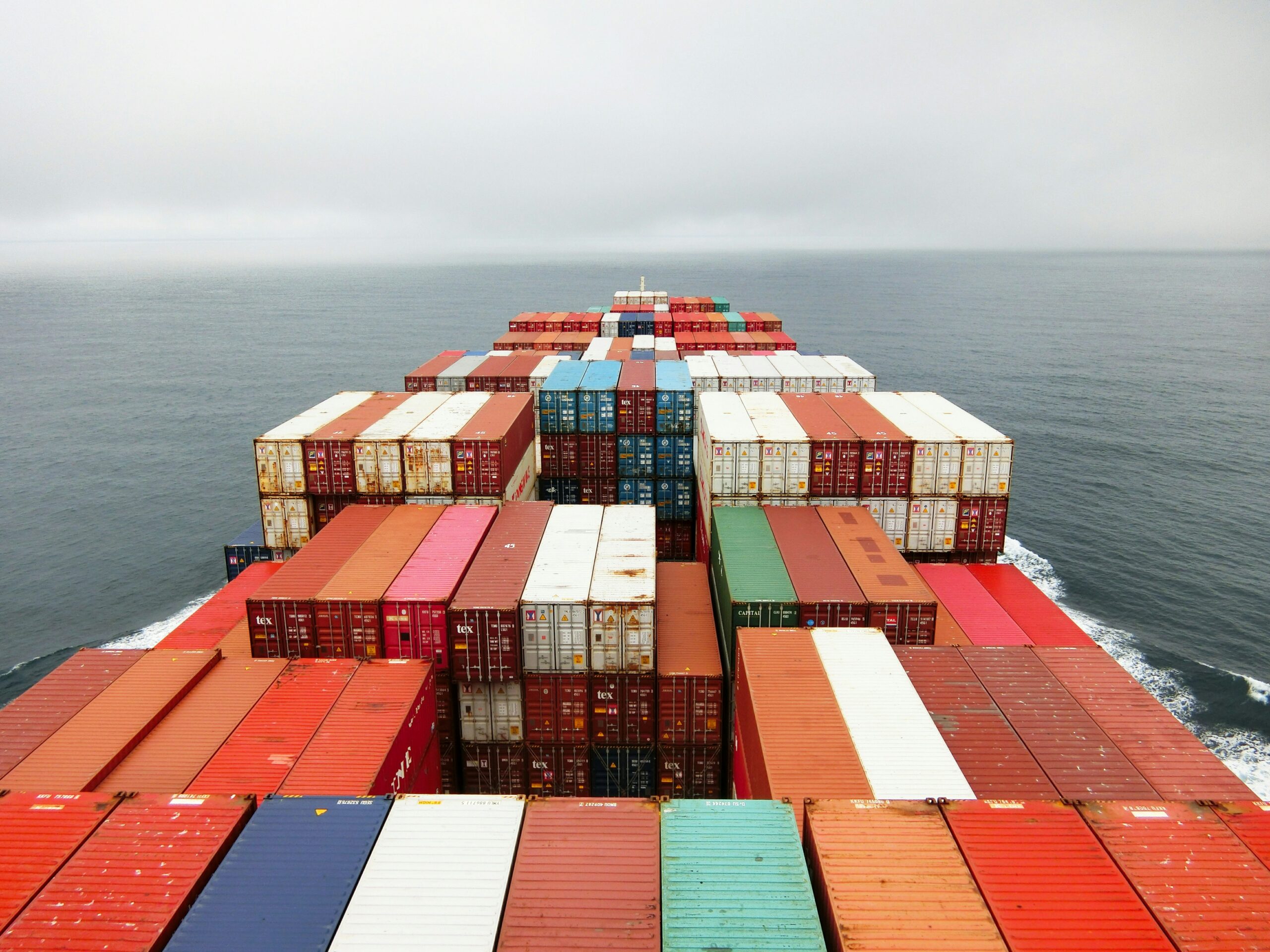
Optimizing Business Practices with Incoterms
Incorporating Incoterms into your business strategy is essential for streamlining your supply chain. These terms facilitate clarity in contracts, ensuring that you, as an exporter or importer, understand your responsibilities, including loading, transportation, and unloading of goods.
- EXW (Ex Works): You manage the entire shipping process, providing maximum control over the modes of transportation.
- FCA (Free Carrier): Your responsibility is to deliver goods to a specified location where the buyer takes over.
Leveraging Incoterms can reduce disputes and enhance efficiency. For instance, CPT (Carriage Paid To) assigns the seller to pay freight costs, while CIP (Carriage and Insurance Paid to) mandates the seller to handle both the transportation and freight insurance. This gives you predictable costs and reduced risk exposure.
For e-commerce businesses, understanding Incoterms like DAP (Delivered at Place) and DDP (Delivered Duty Paid) optimizes your international logistics by clearly defining the point of delivery, which can influence customer satisfaction positively.
| Incoterm | Responsibility Split | Suitable for |
| FOB | Seller until goods are onboard the ship | Traditional shipping |
| DAP | Seller bears all risks and costs until delivery | E-commerce |
| DDP | Seller responsible for delivering goods cleared for import | Import-heavy businesses |
To bolster efficiency, familiarize yourself with terms relevant to your shipping needs. This not only ensures you’re aligned with global practices but also positions you to negotiate better with partners. Remember, proper use of Incoterms can ease tension by setting clear expectations between you and your foreign counterparts.
Frequently Asked Questions
Navigating shipping and trade can be complex, but understanding Incoterms is crucial to ensuring your transactions run smoothly. Here’s what you need to know.
What is the definition and purpose of Incoterms?
Incoterms, short for International Commercial Terms, are a set of 11 standardized rules defined by the International Chamber of Commerce that clearly convey the responsibilities, costs, and risk involved in the delivery of goods from sellers to buyers.
How do Incoterms determine the responsibilities of buyers and sellers in shipping?
Each Incoterm specifies the tasks, costs, and risks involved in the delivery of goods from the seller to the buyer. It outlines who arranges for transportation, who handles customs procedures, who is responsible for insurance, and at which point the risk transfers from the seller to the buyer.
What changes were implemented in the latest version of the Incoterms?
The latest revision, Incoterms 2020, came into effect on January 1, 2020, and it introduced updates that catered to changes in trade practices. It clarified rules on transportation, security-related concerns, and the allocation of transportation costs, among other adjustments.
How does one decide the most appropriate Incoterm for a specific transaction?
Selecting the most appropriate Incoterm for your transaction involves assessing the level of risk you are willing to take, your capacity to handle logistics and customs, and your obligations for import and export activity. Your decision should be informed by the specifics of the transaction, the nature of the goods, and the transportation method.
What are the main responsibilities for buyers and sellers under FOB, CIF, EXW, and DDP Incoterms?
For FOB (Free On Board), the seller clears the goods for export and loads them on board the vessel chosen by the buyer. Under CIF (Cost Insurance and Freight), the seller also covers the cost of marine insurance against the buyer’s risk of loss during transportation. With EXW (Ex Works), the buyer assumes full responsibility from the seller’s premises, and for DDP (Delivered Duty Paid), the seller assumes all responsibilities and costs until the goods are delivered to the buyer’s named place, including import duty and taxes.
